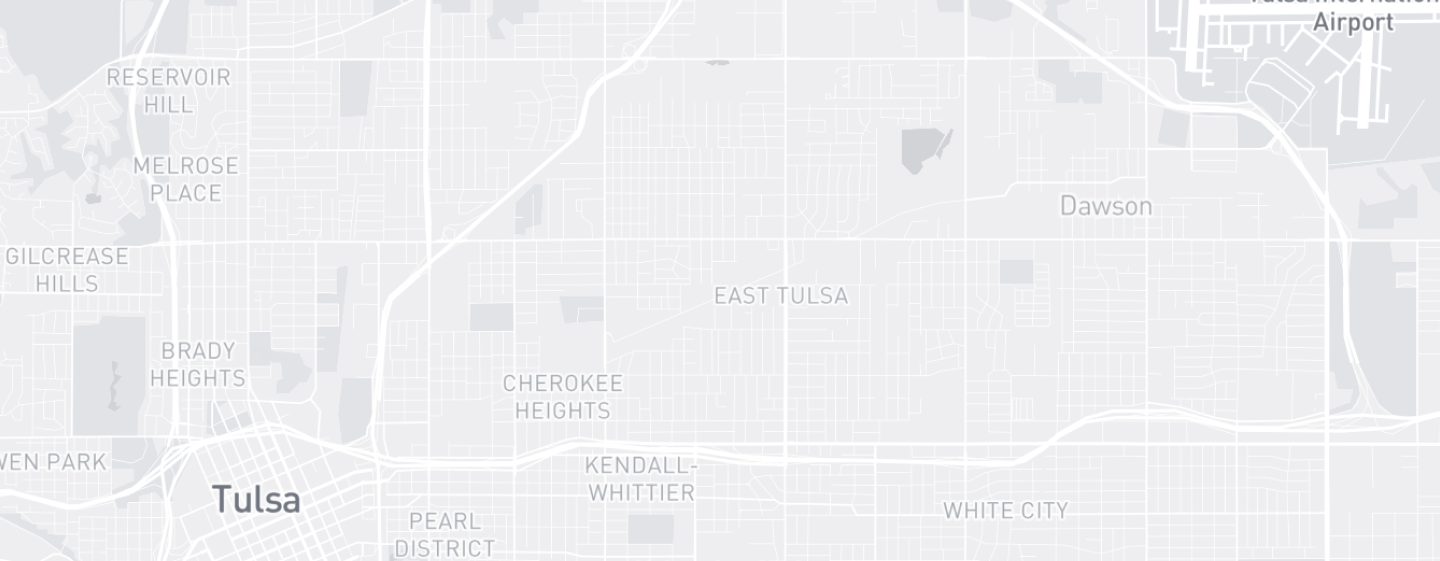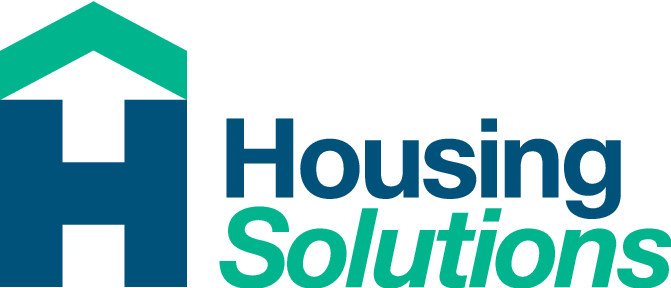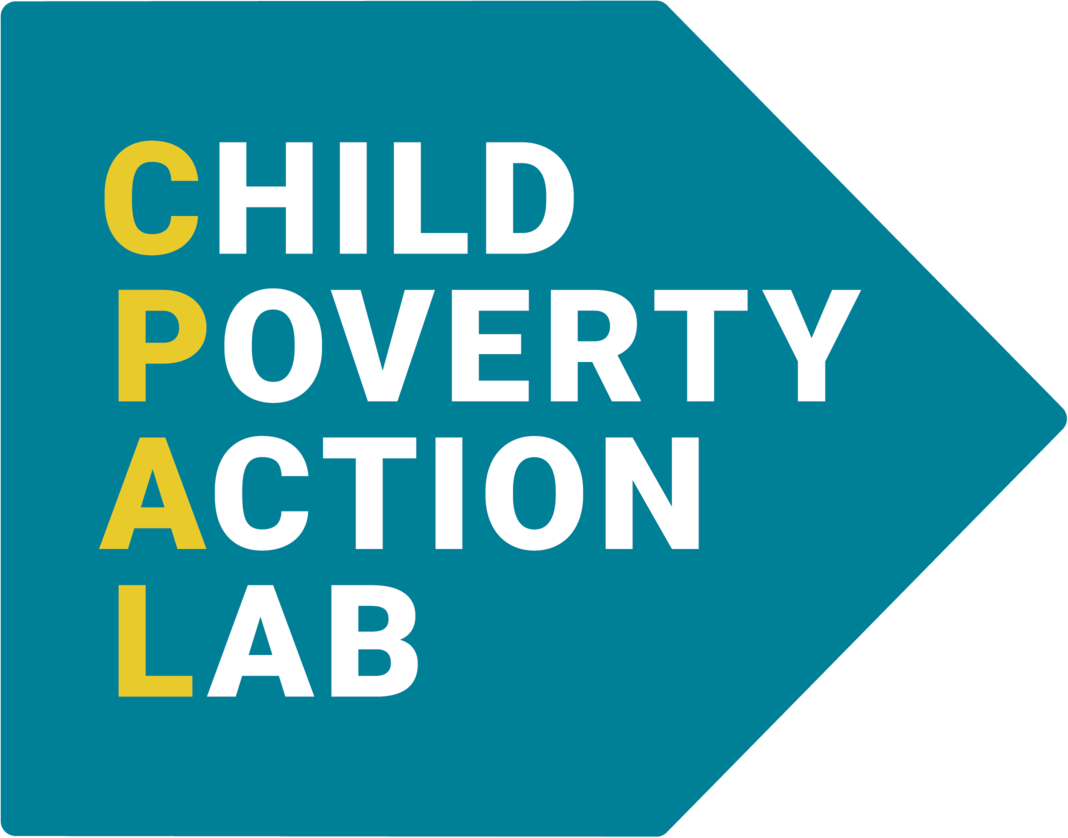A collaboration of Child Poverty Action Lab and the Oklahoma Policy Institute
Tulsa, Oklahoma Eviction Explorer Dashboard
The Tulsa County Eviction Dashboard makes available local eviction data so that frontline providers, government and agency staff, and policymakers can implement proactive eviction solutions to keep families securely housed.

How does eviction impact children and their families?

Low-income Oklahomans, especially poor women of color with children and victims of domestic violence, are the most vulnerable to eviction.
Eviction causes long-lasting instability for families, as adults find it more difficult to find and keep work and children are more at risk of dropping out of school.
Eviction is a risk factor for homelessness and a broad range of poor health outcomes.
What's The Eviction Process?
An eviction is the legal process by which a landlord removes a tenant and their possessions from the landlord's property. Oklahoma evictions generally follow these steps (OKLaw.org):
1.
Notice
The landlord must provide written notice before filing an eviction with the court.
2.
Summons for Court
Following a written notice, if the landlord decides to file an eviction in court, they must give the tenant official notice of when they have to go to court. This is called a “summons.” The summons contains the details of when and where the court hearing will take place.
Renters who receive a summons must go to court or a default judgment will be entered against them. A default judgment means a landlord will automatically win the eviction case, and the tenants will be evicted.
3.
Hearing
During the hearing the landlord will likely ask the court for Possession, a Money Judgment, or both.
Possession:
The return of the home to the landlord. The lease would end and tenant(s) would have to leave the home.Money Judgment:
The judge would order the tenant to pay a certain amount of money to the landlord. This could include damage caused to the home, any unpaid rent, court costs, and attorney's fees.4.
After Court
If the judge rules in favor of the landlord, tenants may have as little as 48 hours to move out of the residence.

Eviction Explorer Dashboard
Methodology
Tulsa County District Court cases are collected from the Oklahoma Supreme Court Network (OSCN) using a scraper designed by the Oklahoma Policy Institute's Open Justice Oklahoma program with infrastructure support from Asemio. We filter for Small Claims (SC) cases with an issue of Forcible Entry and Detainer, which is the legal action taken by a landlord in filing an eviction lawsuit.
Open Justice Oklahoma contracts local data entry workers, with deep ties to the community, to manually review the legal documents attached to each eviction case and transcribe the addresses. We then geocode those addresses, converting them into geographic coordinates. Next, we filter out cases currently without transcribed addresses or with low confidence in their accuracy. As of Sept. 2023, we have coverage of approximately 84% of eviction cases, with coverage improving over time as addresses from prior cases are transcribed.
Those reliable coordinates are then matched as within the boundaries of one of the zones in each geography present in the dashboard. Finally, we count the number of eviction filings within each geographic unit to arrive at the totals shown.
Data for the demographic and economic variables, such as “median gross rent” and “% Hispanic”, come from the Census Bureau's 2015-2019 5-Year American Community Survey. For the county, city, ZIP code, and census tract geographies, these values come directly from the Census API. The values for all other geographies are produced using areal interpolation of the census tracts (the smallest geographic area available).
About The Data
The Tulsa County Eviction Dashboard features eviction filings and demographic data for Tulsa County, Oklahoma.
Data is currently accessible for eviction filings only; case outcomes are not yet available. This dashboard provides a geography-based summary of eviction filing data and does not include individual case details, such as plaintiff or defendant names.
Source: Methodology and analysis of data from Oklahoma Supreme Court Network by Open Justice Oklahoma, a program of the Oklahoma Policy Institute.
Using The Data
Eviction filing data can be used to:
Bring awareness to the scope and scale of eviction in our community.
Select eviction "hotspots" — neighborhoods with a high density of eviction filings — to host rent relief events and to conduct tenant/landlord outreach and education.
Compare where evictions are happening to where rent relief is going to ensure help is administered in the right places.
Take Action
Use your political voice to influence housing policies in your community by engaging with your legislators and local leaders. Use the'Find Your Legislator' button below to swiftly identify and reach out to your local representatives with the Oklahoma Legislator Lookup tool or explore the Oklahoma Voter Portal for your voter information.
Find Your LegislatorPartner Organizations

Housing Solutions is a 501(c)(3) organization dedicated to building systems that make homelessness rare, brief and non-recurring in Tulsa, Oklahoma. Housing Solutions is the lead agency for the Tulsa County HUD funded Continuum of Care (CoC).
The lead agency will be the implementation lead for the strategic plan while guiding local service providers through systems changes to implement evidence-based practices.
As the lead agency in the HUD-funded Tulsa County Continuum of Care, Housing Solutions coordinates and manages over $3 million annually in federal, state, county, and city funds for programs providing shelter, housing, and services to people experiencing homelessness or at risk of homelessness.

The Child Poverty Action Lab (CPAL) is a Dallas, Texas-based nonprofit organization working to increase upward economic mobility for Dallas families. CPAL launched and maintains the North Texas Eviction Project, a template for the Tulsa Eviction Explorer Dashboard. CPAL has collaborated with Open Justice Oklahoma, a project of Oklahoma Policy Institute, to launch the Tulsa Dashboard.

OK Policy is an independent nonprofit focused on equitable and fiscally responsible policies leading to expanded opportunity for all Oklahomans through nonpartisan research, analysis, and advocacy. Its Open Justice Oklahoma program seeks to improve understanding of our justice system through analysis of public data.
LSC © 2023 | Site by Hyperobjekt